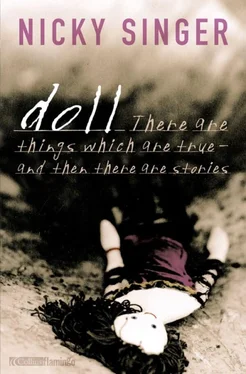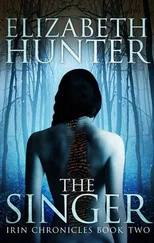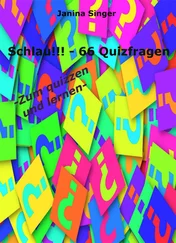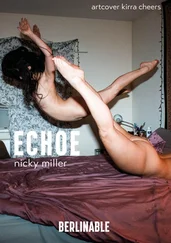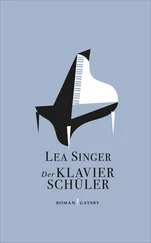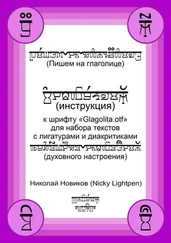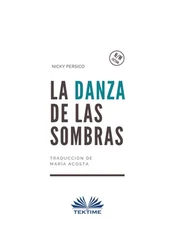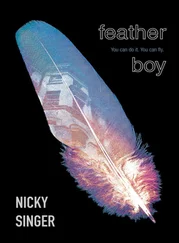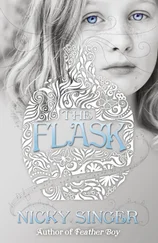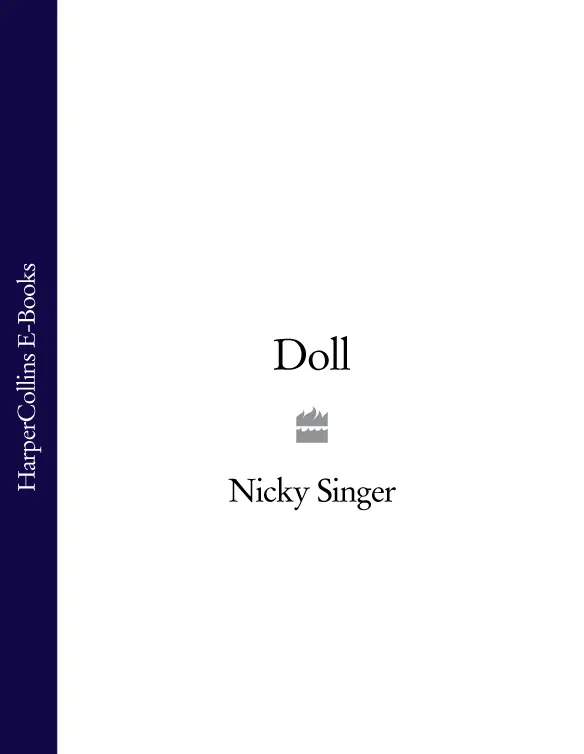

For Tom who also speaks to stars
Cover Page
Title Page Doll Nicky Singer
1
2
3
4
5
6
7
8
9
10
11
12
13
14
15
16
17
18
Acknowledgements
About the Author
Praise
Also by Nicky Singer
Copyright
About the Publisher
The night my mother died she gave me a doll.
“This is for you, beloved,” she whispered, her voice soft and low. “Hold it next to your heart. And I will be with you. Always.”
And of course I didn’t look at the doll then, because I was looking at my mother. Her big, beautiful, belligerent body calm at last. Hushed on the bed. Her black hair pushed away from her face. Her eyes – ever that startling blue – placid now. Her skin pale, the waxy cream of the candles I lit around her, church candles, fifteen of them. Her choice, as were the roses I’d gathered in armfuls from the garden.
“Let them be red,” my mother said.
And they were red. Petals the colour of blood.
She smiled then. Despite everything she smiled.
“Light the incense,” she smiled.
And I did. Cinnamon. Which is for healing but also for love.
“Healing!” my grandmother exclaimed.
And I might have riposted “Love!” But I didn’t. I just sat beside my mother and held her hand until I heard her breathe out but not breathe in again. There was a pause in which a clock ticked. Tick. Tick. Then my grandmother came to the bedside, slid my mother’s eyelids shut and everything went dark.
“Let go now, Tilly,” grandmother said.
And when I didn’t let go, she leaned down and took our clasped hands (my mother’s and mine, her daughter’s and her granddaughter’s) and prised our fingers apart. She was not ungentle. And I was glad in a way, because I cannot see otherwise how I could have released my mother’s hand. I would have had to stay sitting there for ever.
“Go to your room,” Grandma said. “I’ll deal with everything here.”
And I went. Gratefully. The smell of cinnamon still on me.
It might be five minutes since I left my mother’s room. It might be five hours. I have lost track of time. These things only I know: my grandmother is not in the house; the night is still dark; I’m out on the swing.
My father put up this swing. Screwed rings into the outstretched limb of a tree and hung the chains. The rings used to be greased but now they’re dry and rusty. They squeak. A rhythmic squeak, in time with my swing. My bare arms are around the chains, like I am hugging them. The metal is cold and so is the night wind. All the hairs on my forearms are standing up in protest. But I don’t care about the cold. In fact I’m glad of the cold. It makes me feel alive. Under my feet the ground is wet. When I was six I wore this patch to mud. I came to swing and swing and tell myself stories. All the stories had happy endings.
“You’re not a child any more,” says Grandma.
And I’m not. I’m fourteen years old. But there’s mud beneath the swing once more. I’ve started to come here again. To tell stories – maybe, but also to think. Tonight, I’ve come to look at the doll.
It’s a small thing, no bigger than my hand, and quite unlike the thousand other dolls my mother made. This doll is not sewn of remnants and jumble fabrics. It’s made out of material my mother wore next to her own skin. Her face (for the doll is a girl, a woman), her hands, her feet, in fact all of her flesh is cut from my mother’s white kid gloves. The long ones. The ones that went to her elbows.
“Every woman,” said my mother, “should have a pair of white kid gloves, at least once in her lifetime.”
I touch the doll’s face, run a thumb across her tiny cheek. The flesh is warm, supple, animal. Then I can’t help lifting the doll to my face. And there she is, my mother, the conflicting scents of her: jasmine, leather, sweat, candle wax, engine oil. And, and … that thin, distilled, sweet odour that makes my heart reel.
“ I don’t know what you’re talking about, Tilly ,” says my grandmother.
I swing harder, higher. The chain creaks, a soothing rhythmic creak. The wind blusters against my face. I’m cold. I’m alive. My mother loved me, loves me, gave me this doll.
I lift the doll again, look again. The dolls my mother made to sell wore dresses. This one wears trousers. Black leather trousers. And I know at once what the leather has been cut from. My mother’s biking gear. And now I am a child again. Five years old, waiting at the playground. Last to be collected – as usual – the teacher tutting, clicking her fingers. Then a roar from around the corner, the screech of brakes, and a huge figure dressed head to toe in black advancing towards the child and the clicking teacher.
“Has your mother got a bike now?” asks Miss Pretty.
I shake my head. Because my mother doesn’t have a bike. At least she didn’t when I left home that morning. Besides, this huge advancing thing cannot be my mother. Its head is too big. The figure stops. It takes off its hat.
“Surprise!” it says and peals laughter.
She swings my schoolbag round her neck, and puts me astride the bike. The saddle is wider than my splayed legs, or so it seems to me.
“Hold on,” my mother cries and puts the hat over my head. It’s heavy and it doesn’t fit, even with the strap pulled to its tightest. I can’t breathe.
My mother gets on in front of me.
“Hold on,” she shouts and revs the engine. Hold on to what: the hat, the bike, my mother’s too-big waist? I glance imploringly at Miss Pretty and then we are off. Instinct alone preserves me. I dig my nails into the ridged hem of the leather jacket, I clutch and clutch. The hat bounces and throttles.
“Isn’t it wonderful?” My mother’s voice comes by on the wind.
“Didn’t you love it?” she says when we stop.
“Yes,” I say. “Yes. I loved it.”
Later, when my father finds out, he shouts at her. The first of the rows I actually remember.
“I gave her the helmet,” my mother cries indignantly. “What’s the fuss? Anyway, she loved it. She said so. Didn’t you, Tilly?”
Later my mother took me aside. “Pay attention, Tilly,” she said. “A bike’s not a method of transport. A bike’s freedom.”
And it is to these bike leathers my mother took her scissors. I imagine that first impossible cut. My mother knifing through – what? The jacket? The trousers? The trousers probably. The leather thinner there. I can hear the sound, that slight crunch as the metal blades close on skin. Animal skin. And human skin. For that’s what cutting the leathers would have felt like to my mother. Like cutting her own skin. Yet she did it. For the doll.
For me.
What else has she cut? The doll’s bodice is velvet, a strokable patchwork of my mother’s more sumptuous tastes. A fragment of magenta, from a scarf probably. A snippet of gold, the trimming of that black evening gown, and yes, a tiny scrap of white from her “purity jacket”.
“For atonement,” she said, kissing me and going out with my father in the days when they still did such things. I was four, I think, I didn’t know what “atonement” meant. Though it meant, for a while, that my mother stayed closer by me.
Читать дальше
